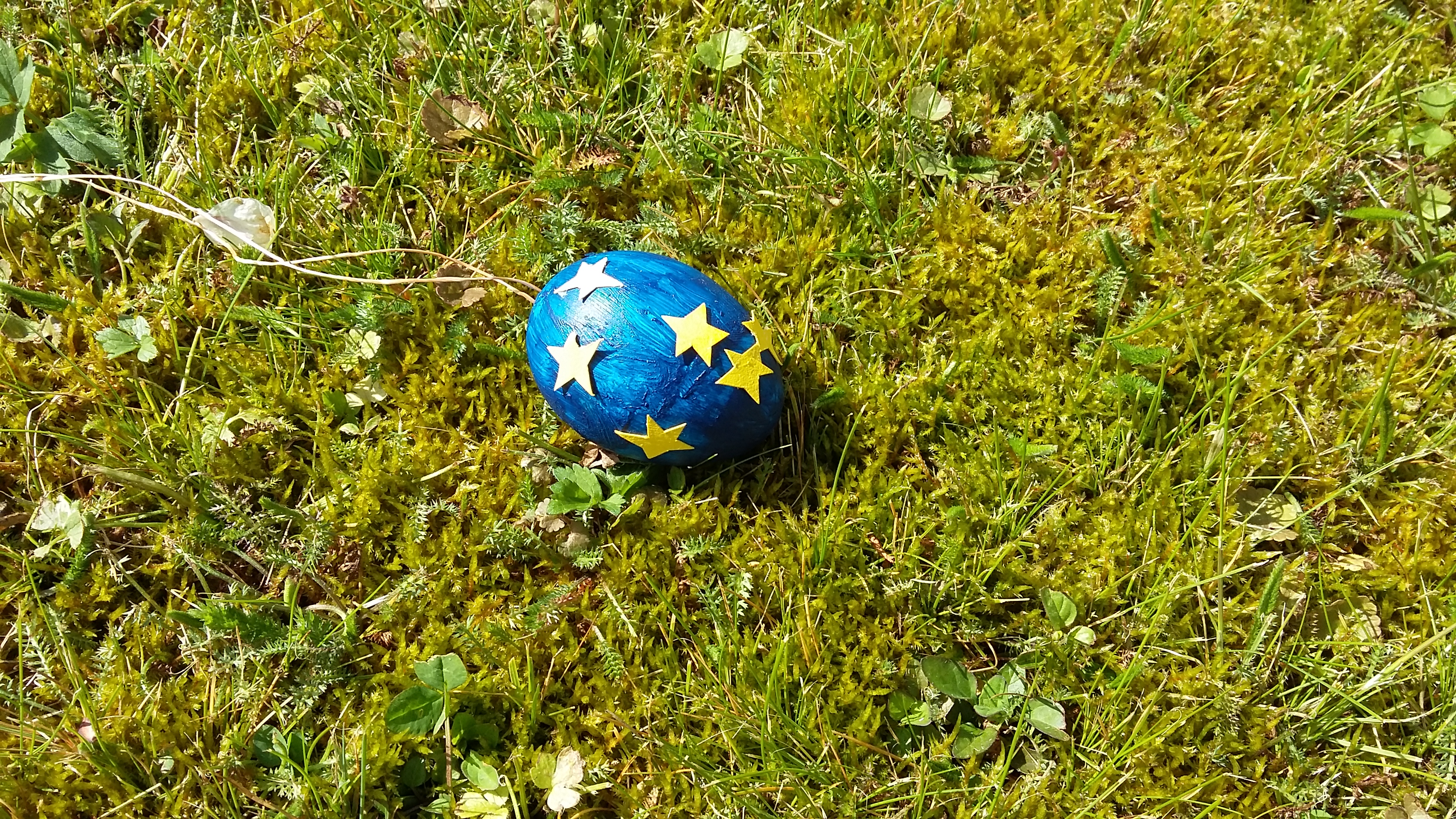
In recent years, many Europeans have felt like they were in a kind of global crumple zone. Whether it was the financial crisis, the migration crisis, a pandemic or Russia's invasion of Ukraine, the EU and its member states have had to respond to external challenges. And national and European policymakers have had their hands full trying to prevent the worst from happening.
International crises are nothing new in the age of interdependence. But when one political entity always "suffers" and compensates for problems caused elsewhere, it damages citizens' trust in the state (or union of states). For it undermines people's confidence in the effectiveness of politics and thus in the creative power of democracy.
Europe is in the process of learning from these challenges. With various programmes, the Parliament, the Commission and the Member States want to gain more room for manoeuvre in the interests of European citizens. A prominent example of this is NextGenerationEU (NGEU) (1). This programme aims to invest more than €800 billion to promote the ecological transformation and digitalisation of the continent.
NGEU also has the potential to measurably increase productivity growth in the EU in the coming years (2). At least that is the assessment of ECB staff, provided that the commitments made so far are fully implemented. The gradual realisation of the Capital Markets Union should also enable massive private investment. (3) This is needed for the green and digital transformation as well as "to increase the EU's productivity and competitiveness in a changing geopolitical landscape".
The latter, for example, led the EU heads of state and government at their meeting in Versailles in March two years ago to commit themselves to "strengthening Europe's defence capabilities".(4) This is to be achieved, among other things, by intensifying cooperation through joint projects. Second, it aims to reduce shortfalls and achieve capability goals. Third, to promote innovation through synergies between civil and military research. Fourthly, the defence industry, including small and medium-sized enterprises, will be strengthened and developed.
This economic and security policy will make Europeans more independent. And that is good for democracy. Because sovereignty and democracy are closely linked: where there is no room for manoeuvre to decide one's own future, citizens have no choice! It is therefore worth recalling one of Europe's finest moments: President Emmanuel Macron's speech at the Sorbonne on 26 September 2017.(5) With his "Initiative for Europe", he called for the "re-founding of a sovereign, united and democratic Europe" (p.3) and stressed: "Sovereignty, unity and democracy are inseparable for Europe." (p.16). - He is right.
Margit Reiser-Schober
- NextGenerationEU
https://next-generation-eu.europa.eu/index_de
The Recovery and Resilience Facility
https://commission.europa.eu/business-economy-euro/economic-recovery/recovery-and-resilience-facility_en
- From laggard to leader? Closing the euro area’s technology gap
Inaugural lecture of the EMU Lab by Isabel Schnabel, Member of the Executive Board of the ECB, at the European University Institute, Florence, 16 February 2024
https://www.ecb.europa.eu/press/key/date/2024/html/ecb.sp240216~df6f8d9c31.en.html
Slide 16, left-hand side
- Statement by the ECB Governing Council on advancing the Capital Markets Union,
7 March 2024
Strong reasons to support and enhance the Capital Markets Union
https://www.ecb.europa.eu/press/pr/date/2024/html/ecb.pr240307~76c2ab2747.en.html
- https://www.consilium.europa.eu/de/policies/european-defence-industry/
https://www.consilium.europa.eu/de/policies/european-defence-industry/timeline-european-defence-industry-procurement/
- Rede von Staatspräsident Macron an der Sorbonne „Initiative für Europa“, Paris, den 26. September 2017
https://www.diplomatie.gouv.fr/IMG/pdf/macron_sorbonne_europe_integral_cle4e8d46.pdf
Error in content? - eurolandpost(at)gmx.eu
Auto-translated with www.deepl.com - Error in translation? - eurolandpost(at)gmx.eu - THANK YOU!